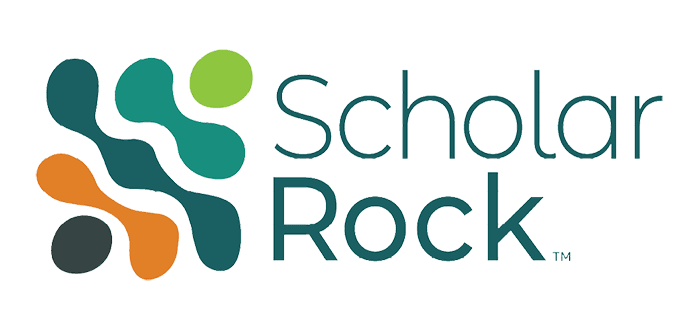
Today, Scholar Rock announced plans to submit a U.S. Biologics License Application (BLA) and a European Union marketing authorisation application (MAA) in Q1 2025.
Scholar Rock, a late-stage biopharmaceutical company focused on advancing innovative treatments for spinal muscular atrophy (SMA), cardiometabolic disorders, and other serious diseases where protein growth factors play a fundamental role, today announced positive topline results from the Phase 3 SAPPHIRE clinical trial (NCT05156320) evaluating the efficacy and safety of apitegromab, an investigational muscle-targeted therapy, in patients with SMA.
The study achieved its primary endpoint demonstrating a statistically significant and clinically meaningful improvement for apitegromab versus placebo in motor function as measured by the gold standard HFMSE in SMA patients on chronic dosing of standard of care therapies (either nusinersen or risdiplam).
Motor function outcomes were meaningful and consistent across the main efficacy population and in the ages 13-21 exploratory population, favored apitegromab (n=22) compared to placebo (n=10). Thirty percent of patients receiving apitegromab had >3 point improvement in HFMSE versus 12.5% of patients on placebo. Patients receiving apitegromab demonstrated early motor function improvement compared to placebo from the first measured time point at 8 weeks, benefit expanded at 52 weeks as measured by HFMSE. Following trial completion, 98 percent of SAPPHIRE patients (185/188) enrolled in the ongoing ONYX open-label expansion study.
“We are thrilled that apitegromab met the primary endpoint in our Phase 3 SAPPHIRE clinical study. The results clearly demonstrate robust and clinically meaningful improvement in motor function in patients with SMA,” said Jay Backstrom, M.D., MPH, President and Chief Executive Officer of Scholar Rock. “At Scholar Rock, we are working with urgency to deliver the potentially transformative benefits of apitegromab to children and adults with SMA in the US, Europe, and around the world.”
Treatment with apitegromab was well-tolerated across all age groups. There were no clinically relevant differences in the adverse event profile by dose, 10 mg/kg versus 20 mg/kg. No new safety findings were observed in the SAPPHIRE clinical trial; the profile was consistent with that observed in the Phase 2 TOPAZ clinical trial, including an extension study which had over four years of treatment as of the cut-off date. Serious adverse events (SAEs) were consistent with the underlying disease and current standard of care received by patients; no SAEs were assessed as related to apitegromab. There were no study drug discontinuations due to adverse events.
“We are grateful to the families and investigators who participated in our trials. The positive Phase 3 SAPPHIRE trial, along with over 4 years of TOPAZ clinical trial data, clearly demonstrate the potentially transformative benefit of apitegromab to drive clinically meaningful improvements in motor function as measured by HFMSE in a broad SMA population, where motor function would normally be expected to generally decline over time,” said Jing Marantz, M.D., Ph.D., Chief Medical Officer at Scholar Rock. “We look forward to submitting our applications to the FDA and the EMA in Q1 2025.”
The U.S. Food and Drug Administration (FDA) has granted Fast Track, Orphan Drug, and Rare Pediatric Disease designations, and the European Medicines Agency (EMA) has granted Priority Medicines (PRIME) and Orphan Medicinal Product designations, to apitegromab for the treatment of SMA. The Company plans to submit a U.S. Biologics License Application (BLA) and a European Union marketing authorisation application (MAA) in Q1 2025.
“It’s a great day for people living with SMA and their families. These encouraging trial results mark a critical milestone for the SMA community,” said Kenneth Hobby, President of Cure SMA. “Declining motor function and hopes for reversing losses associated with muscle weakness are significant unmet needs, impacting activities of daily living, from breathing, eating, self-care, to working and social interactions. We need an approved therapy that can support motor function and further improve daily activities for people with SMA.”



